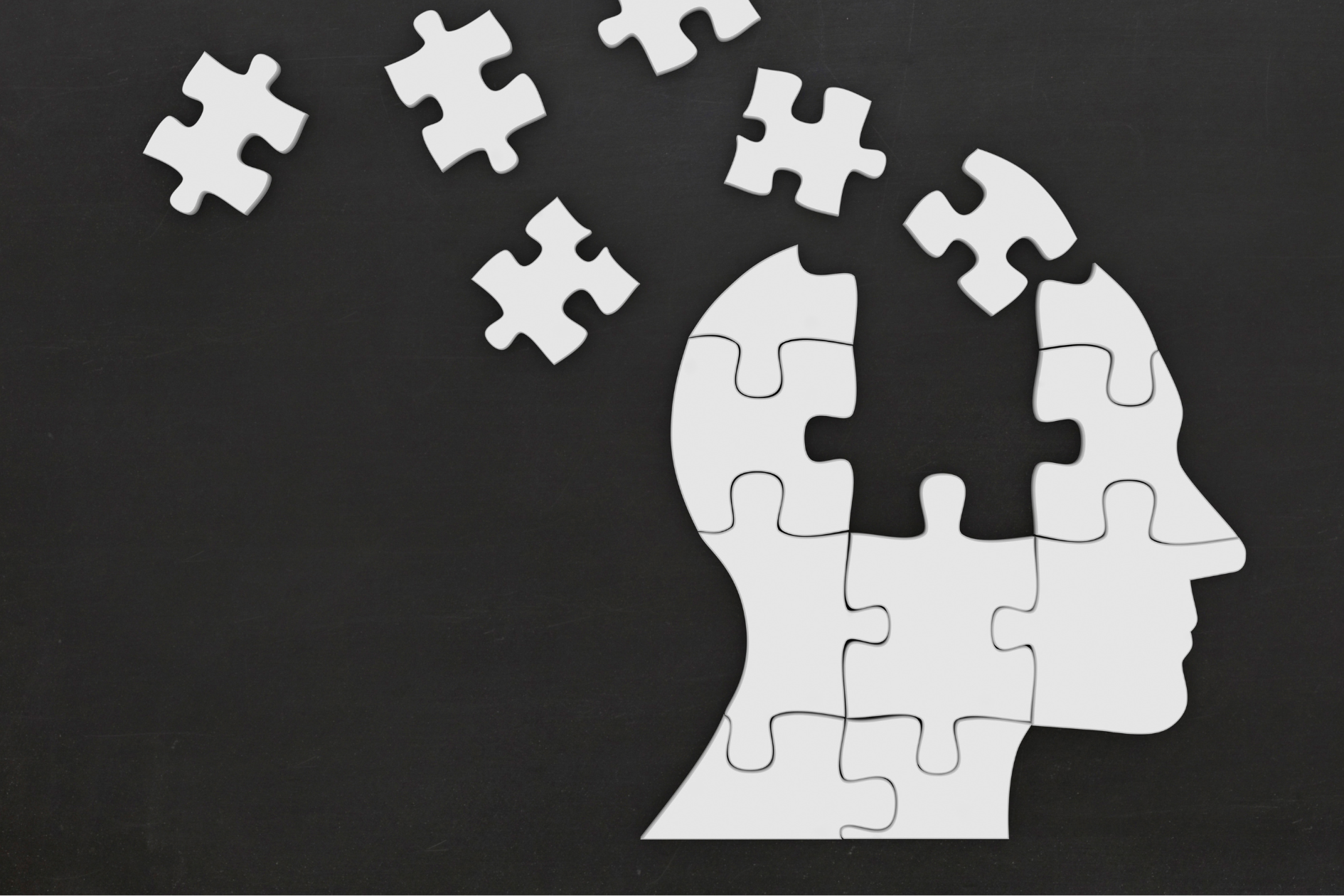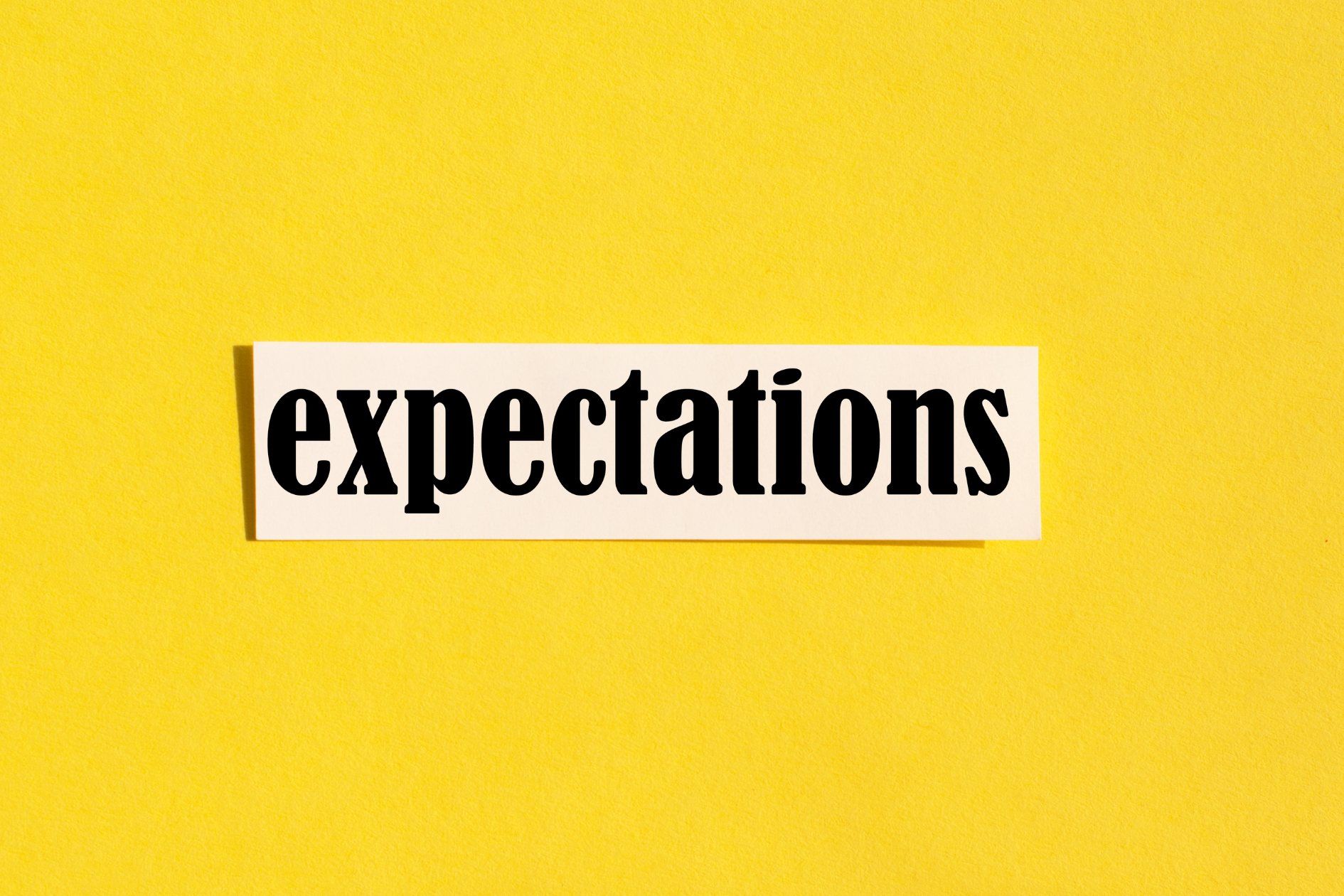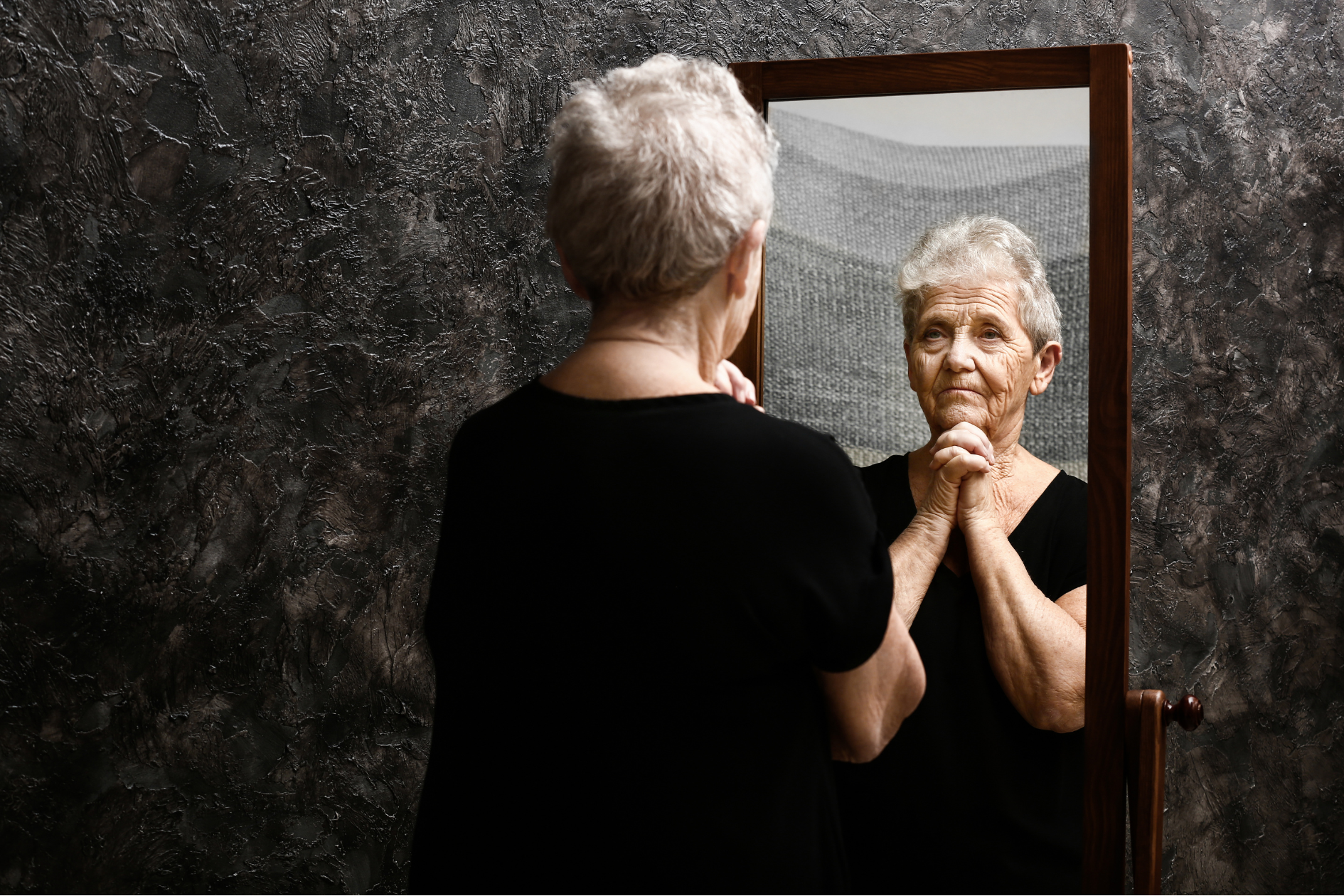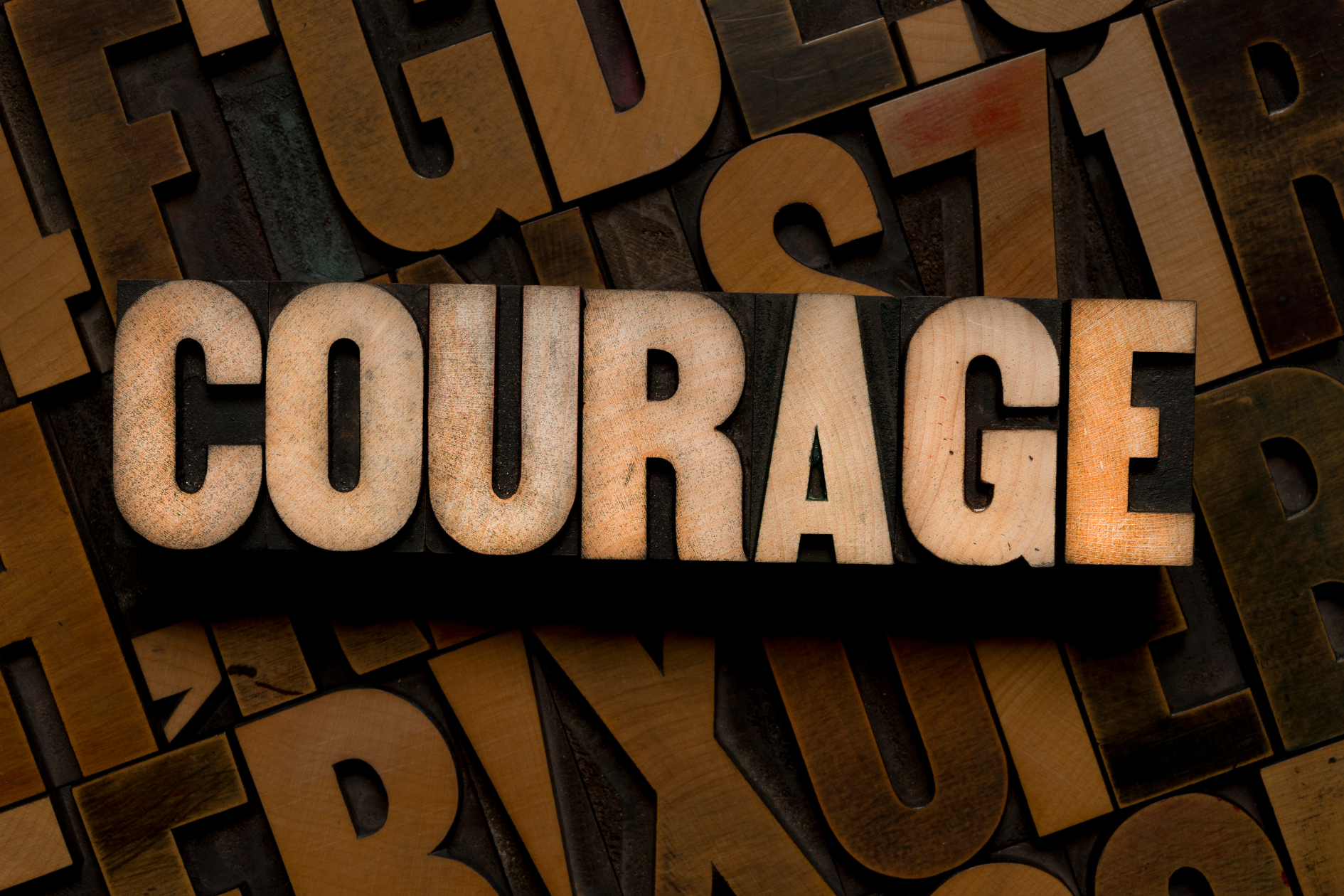“Once you choose hope, anything is possible.” — Christopher Reeve
Overall, I am a very hope-filled person. Yet, there have been times when I haven’t always been able to find hope. I wouldn’t say I was hopeless, but I have supported loved ones who were. When providing mental and emotional support for my brother who lived with anxiety, depression, and obsessive-compulsive disorder, as well as suicidal ideation, I believed he had given up on hope. As he gradually lost hope, I felt hope slipping away for me, too. So much that when our family created our walk team for the local suicide prevention organizations we support, we named ourselves the “Hope Seekers.”
I found my way back to hope. It was a conscious choice—a mindset—and something I have worked on for many years. I have since studied the science behind hope, and what I’ve discovered is nothing short of inspiring.
Hope isn’t just a feel-good emotion, it’s a powerful, measurable driver of well-being. Two large research efforts, including a 14-year study of 25,000 adults, found that people with high levels of hope experience better health, stronger relationships, greater resilience, and improved economic, educational, and employment outcomes. Unlike optimism, which is simply believing things will get better, hope reflects determination, agency, and the ability to take action. Hopeful individuals are less affected by negative life events, adapt more quickly, and feel a greater sense of meaning in life. Researchers emphasize that hope is a skill that can be developed at any age and may be one of the strongest predictors of long-term fulfillment, longevity, and overall quality of life.
Read More





















